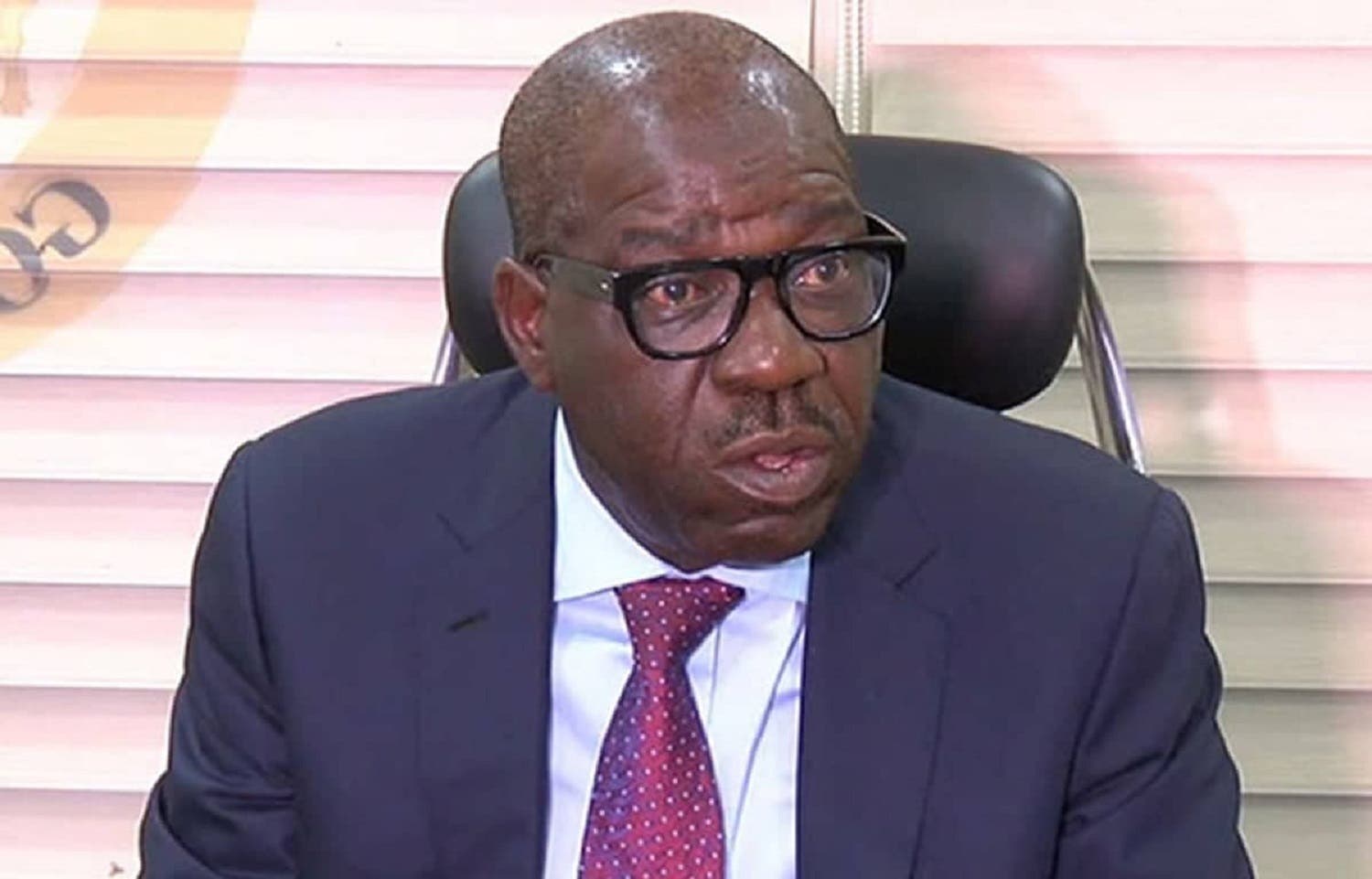Niger Delta
Obaseki Appeals To Army To Establish Base In Kidnap-Prone Areas

Governor Godwin Obaseki of Edo State yesterday in Benin appealed to the Nigerian Army to set up a base in crime-prone areas in the state especially on the Benin – Auchi road axis.
Obaseki made the appeal while hosting the Chief of Army Staff (COAS), Lt.-Gen. Faruk Yahaya, who led other senior officers on a courtesy visit to Edo Government House on Tuesday in Benin.
He said: “First, l have to commend you and your men for the cooperation we’ve continued to enjoy from your end.
“Having said that, I want to add that we are having security challenges in the state such as kidnapping, especially between the Benin – Auchi axis.
“We have military formations in Edo South, also Auchi and Agenegbode both in Edo North Senatorial District.
“And because the 120 kilometers spaces between them do not have any military presence, it has been difficult for the military to respond either from the South or North when there is an incident.
“While I appeal to Nigeria Army to heed our request, the state government will give all necessary support if the army can consider setting up a forward operating base between the distance of the North and South senatorial districts.
“This will help us cover the axis where we are beginning to experience a lot of kidnappings and robbery incidents.
“The 4 Brigade has been very helpful in terms of supporting our communities in crisis.
“We also appeal if they can assist us with a special squad to support our efforts in calming the restiveness we are seeing around communities largely because of land disputes.
“We have laws in place that will help us deal with these issues.
“But by the time some of these communities find out that we now also have heavily armed military personnel within their communities, peace will return to such areas.
“I want to say that we are very happy with you and we will continue to support you by providing some logistics to function optimally.”
Earlier, Lt. Gen. Yahaya had informed the governor that he was in Benin on a working visit to formations and units to interact with officers and men as well as to motivate them for greater responsibility.
Niger Delta
NPC Unveils Digital Registration System In Delta

Niger Delta
Police Uncover Suspects’ Armoury … Recover Weapons In Delta

Niger Delta
Police Caution On Lawless Protests On Court Matters In A’Ibom

-

 Education5 days ago
Education5 days agoElga boss tasks law students on academics strides
-

 News2 days ago
News2 days agoAmend Constitution To Accommodate State Police, Tinubu Tells Senators
-

 Politics2 days ago
Politics2 days agoSenate Urges Tinubu To Sack CAC Boss
-

 News2 days ago
News2 days agoDisu Takes Over As New IGP …Declares Total War On Corruption, Impunity
-
Business2 days ago
President Tinubu Extends Raw Shea Nuts Export Ban To 2027
-
Business2 days ago
Crisis Response: EU-project Delivers New Vet. Clinic To Katsina Govt.
-

 Business2 days ago
Business2 days agoPENGASSAN Rejects Presidential EO On Oil, Gas Revenue Remittance … Seeks PIA Review
-
Business2 days ago
President Tinubu Approves Extension Ban On Raw Shea Nut Export

